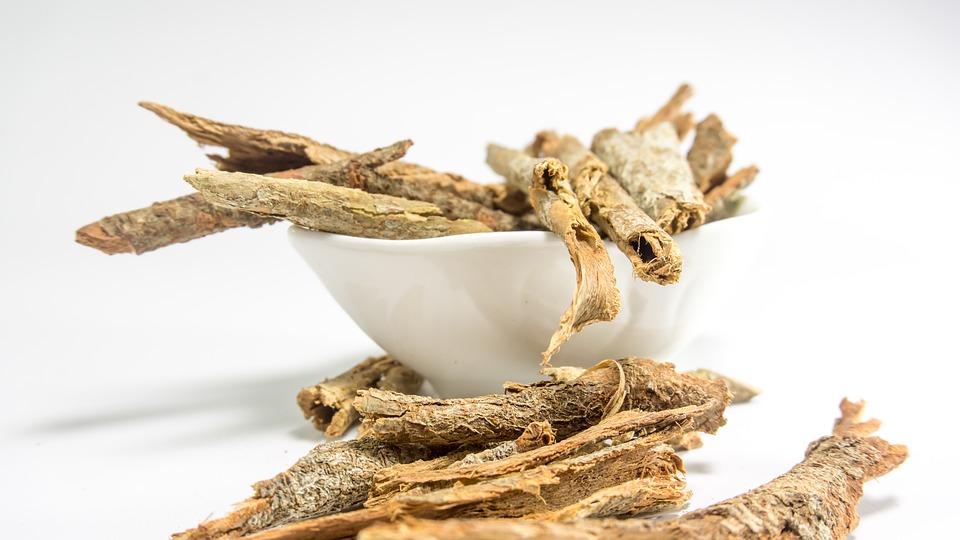The artichoke is a perennial plant in the thistle group of the sunflower family. The part of the plant that we eat is actually the flower bud, consisting of the thick base-known as the heart-and the fleshy bases of the leaves. The plant reaches a height of three to four feet, with larger buds near the top of the plant and smaller ones lower on the stem. The most common type of artichoke, the one you’re most likely to find in your local grocery store, is the green globe variety.
Dr. Matsen often recommends that his patients eat artichokes because they are good for the liver and they contain substances that stimulate the secretion of bile, helping to improve digestion. Artichokes are good sources of magnesium, potassium, and folic acid. They also contain vitamins C and B6, niacin, pantothenic acid, calcium, iron, phosphorous, and zinc.
Fresh artichokes will keep for 4 to 5 days in the refrigerator, unwashed and wrapped well in a perforated plastic bag. Once cooked, they’ll keep for up to 24 hours in the refrigerator. See this month’s Recipe to learn how to cook fresh artichokes. You can also receive the medicinal benefits of artichokes by eating the canned variety. See this month’s recipe, Artichokes, for info on how to prepare artichokes.



